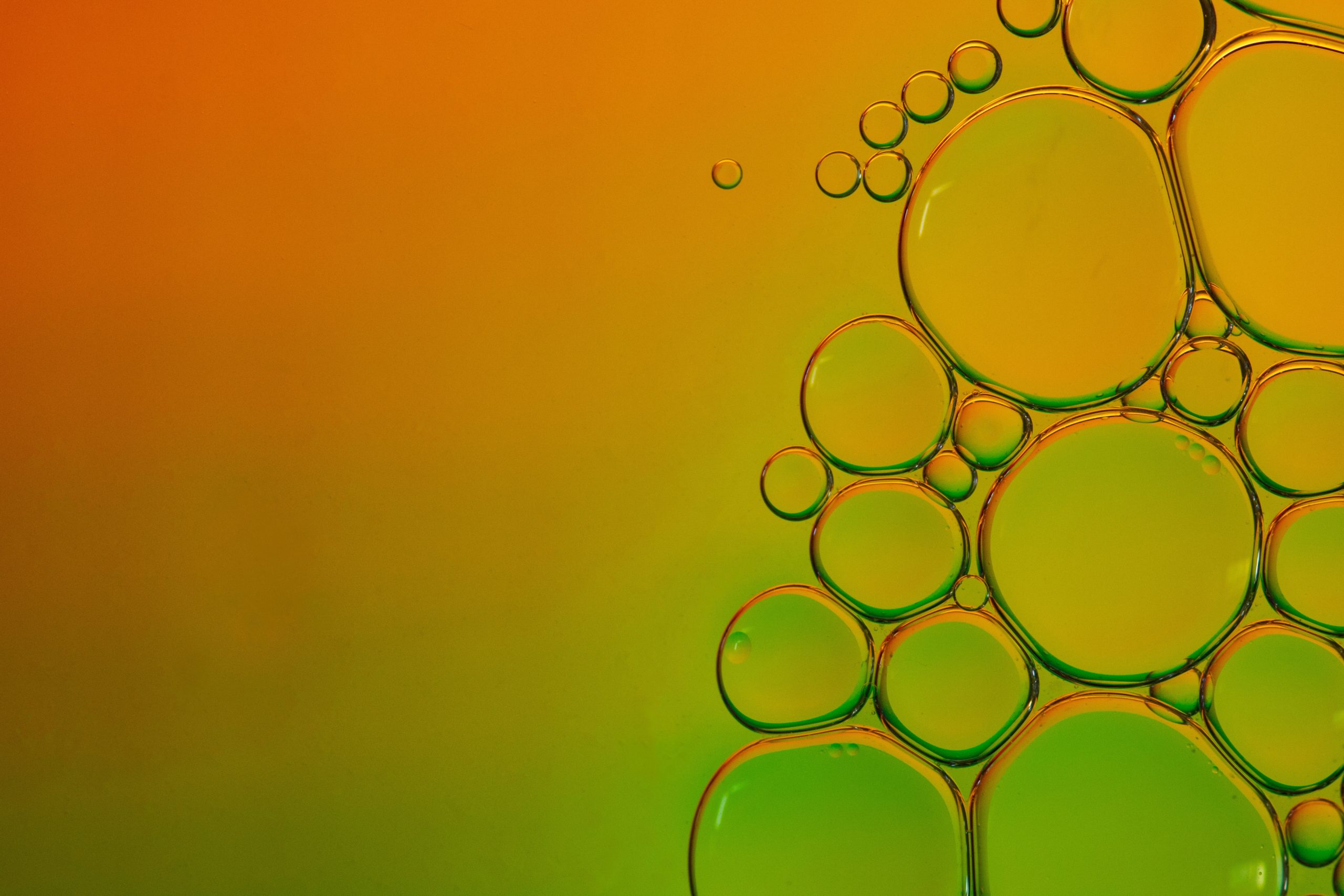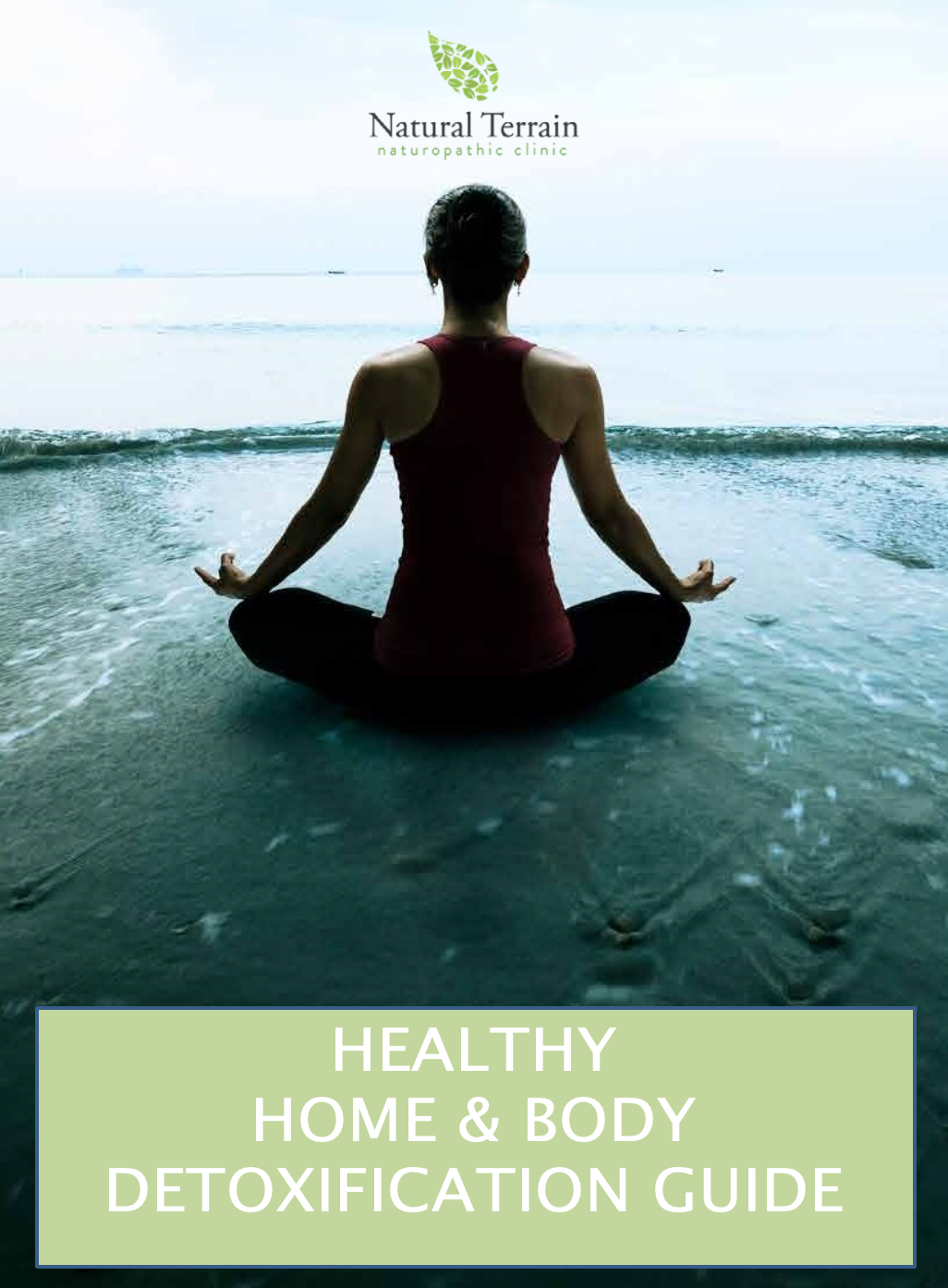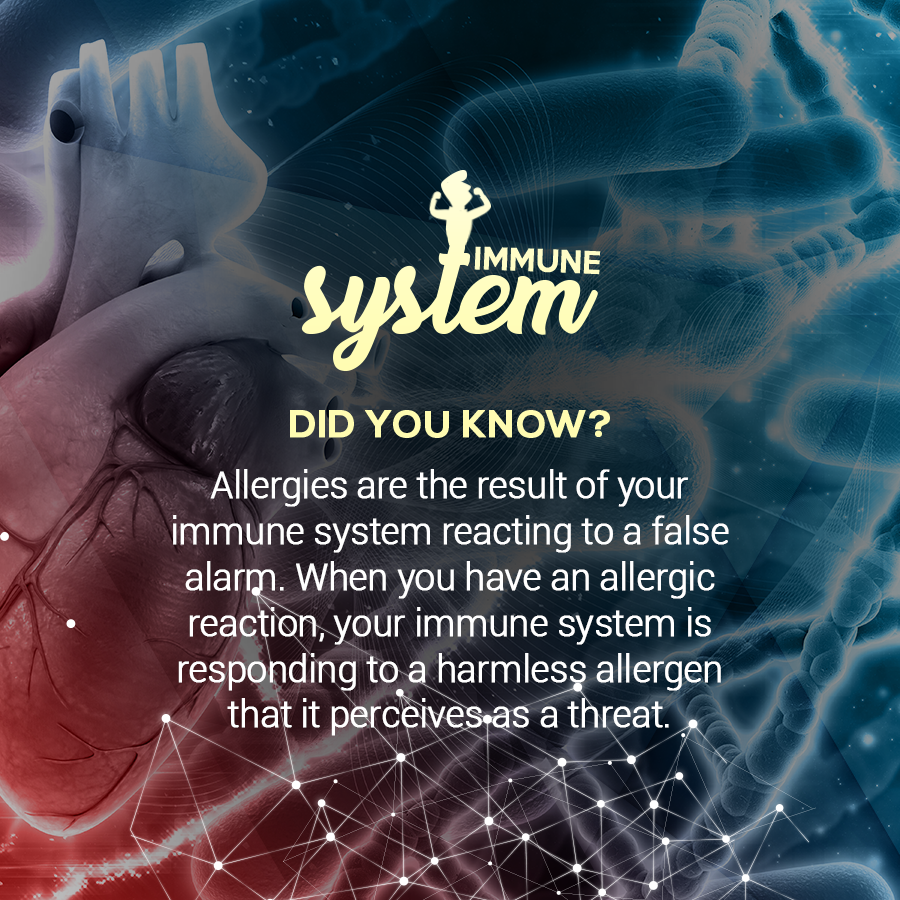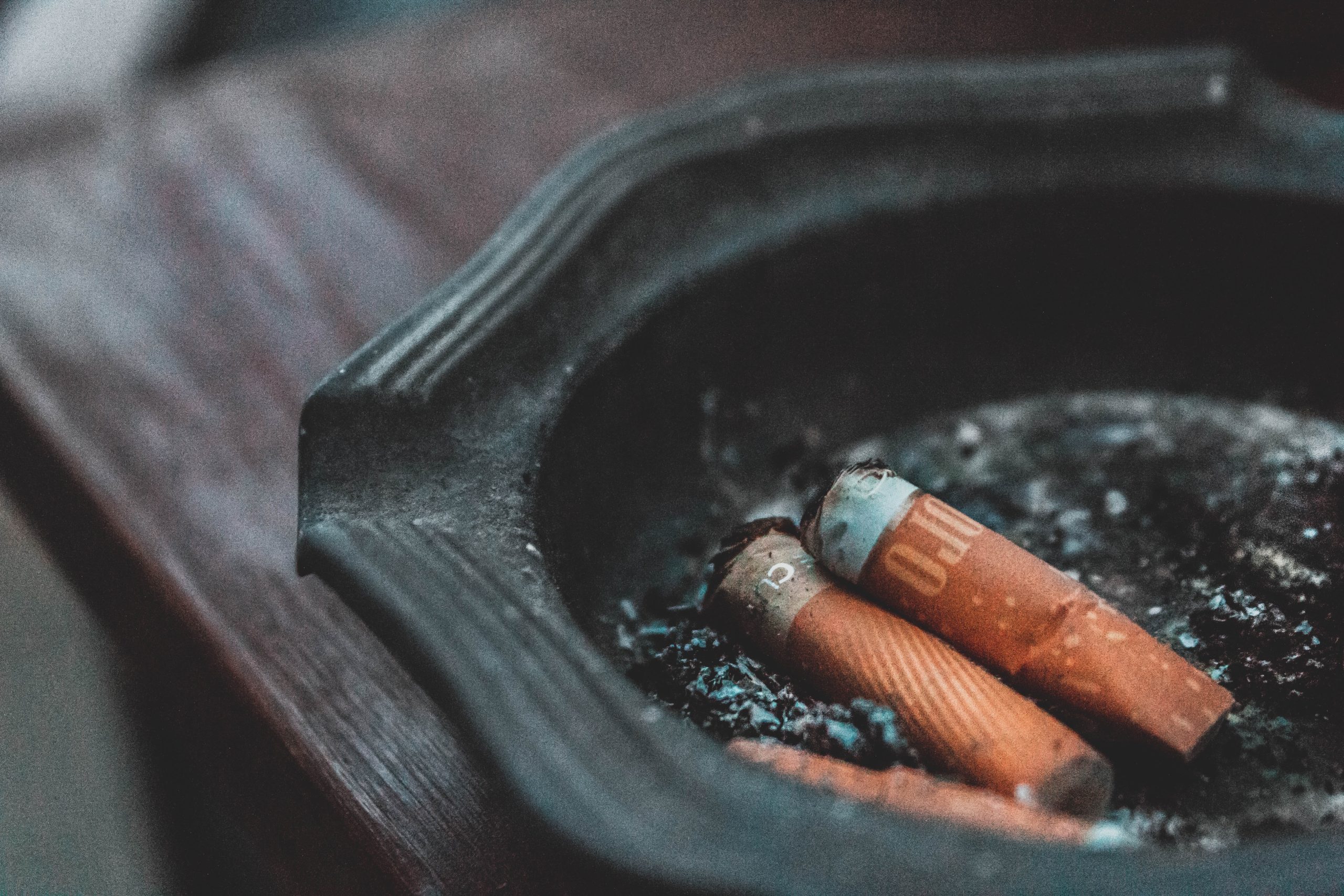This is part 2 of the endocrine dirty dozen list: a deep dive into the 12 most toxic substances we are exposed to, and how to reduce your exposure. Check the blog for part 1! Also download the Healthy Home & Body Detox Guide to really get a good handle on cleaning up your health.

ARSENIC
Arsenic isn’t just for murder mysteries anymore. In fact, this poison is lurking in your food and drinking water. If you eat enough of it, arsenic will kill you outright. In smaller amounts, arsenic can cause skin, bladder and lung cancer. Basically, bad news. Less well known: arsenic messes with your hormones! Specifically it can interfere with normal hormone functioning in the glucocorticoid system that regulates how our bodies’ process sugars and carbohydrates. What does that mean for you? Well disrupting the glucocorticoid system has been linked to weight gain/loss, immunosuppression, insulin resistance (which can lead to diabetes), osteoporosis, growth retardation and high blood pressure. Recent discoveries show that it is in chicken, due to it being placed in their feed to increase their growth more quickly.
HOW TO AVOID IT?
Eat organic chicken and avoid chicken raised on factory farms. Reduce your exposure by using a water filter that lowers arsenic levels. For help finding a good water filter, check out EWG’s buying guide
 LEAD
LEAD
You may or may not like heavy metal music, but lead is one heavy metal you want to avoid. It’s well known that lead is toxic, especially to children. Lead harms almost every organ system in the body and has been linked to a staggering array of health effects, including permanent brain damage, lower IQ, hearing loss, miscarriage, premature birth, increased blood pressure, kidney damage and nervous system problems. But few people realize that one other way that lead may affect your body is by disrupting your hormones. In animals, lead has been found to lower sex hormone levels. Research has also shown that lead can disrupt the hormone signalling that regulates the body’s major stress system (called the HPA axis). You probably have more stress in your life now than you want, so the last thing you need is something to make it harder for your body to deal with it- especially since this stress system is implicated in high blood pressure, diabetes, anxiety and depression.
HOW TO AVOID IT?
Keep your home clean and well maintained. Crumbling old paint (prior to 1978) is a major source of lead exposure, so get rid of it carefully. A good water filter can also reduce your exposure to lead in drinking water. Check out this link by the EWG for better help finding a filter. If you need another reason to eat better, studies have also shown that children with healthy diets absorb less lead.
 MERCURY
MERCURY
Caution: that sushi you’re eating could be hazardous to your health. Mercury, a naturally occurring but toxic metal, gets into the air and the oceans primarily through burning coal. Eventually, it can end up on your plate in the form of mercury contaminated seafood. We also get mercury from some vaccinations and amalgam fillings. Pregnant women are the most at risk from the toxic effects of mercury, since the metal is known to concentrate in the fetal brain and can interfere with brain development. Pregnant women are cautioned not to eat more than one can of tuna a month, as tuna is one of the highest fish with mercury contamination. Mercury is also known to bind directly to one particular hormone that regulates women’s menstrual cycle and ovulation, interfering with normal signalling pathways. In other words, hormones don’t work so well when they’ve got mercury stuck to them. The metal may also play a role in diabetes, since mercury has been shown to damage cells in the pancreas that produce insulin, which is critical for the body’s ability to metabolize sugar.
HOW TO AVOID? For people who still want to eat (sustainable) seafood with lots of healthy fats but without a side of toxic hormone disrupting mercury, wild salmon and farmed trout are good choices. See our fish handout for more options of fish with low mercury content. Try to avoid or replace silver fillings, which are 50% mercury. Also avoid vaccines that contain mercury, the “flu shot” for example.
GLYCOL ETHERS
Shrunken testicles: Do we have your full attention now? This is one thing that can happen to rats exposed to chemicals called glycol ethers, which are common solvents in paints, cleaning products, brake fluid and cosmetics. Worried? You should be. The European Union says that some of these chemicals “may damage fertility or the unborn child”. Studies of painters have linked exposure to certain glycol ethers to blood abnormalities and lower sperm counts. Children who are exposed to glycol ethers from paint in their bedrooms have substantially more asthma and allergies.
HOW TO AVOID?
Start by checking out EWG’s Guide To Healthy Cleaning (ewg.org/guides/cleaners) and avoid products with ingredients such as 2-butoxyethanol (EGBE0 and methoxydiglycol (DEGME) Source
 ORGANOPHOSPHATE PESTICIDES
ORGANOPHOSPHATE PESTICIDES
Originally produced for warfare. Luckily, neurotoxic organophosphate compounds that the Nazis produced in huge quantities for chemical warfare during World War II were never used. After the war ended, American scientists used the same chemistry to develop a long line of pesticides that target the nervous system of insects. Despite many studies linking organophosphate exposure to effects on the brain development, behaviour and fertility, they are still among the more common pesticides in use today. A few of the many ways that organophosphates can affect the human body include interfering with the way testosterone communicates with cells, lowering testosterone and altering thyroid hormone levels.
HOW TO AVOID?
Buy organic produce and use EWG’s Shoppers Guide to Pesticides in Produce, which can help you find the fruits and vegetables that have the fewest pesticide residues. Check it out here
PERFLUORINATED CHEMICALS (PFCS)
Chemicals used to make non-stick cookware can stick to you. Perfluorinated chemicals are so wide spread and extraordinarily persistent that 99 percent of Americans have them in their bodies. One particularly notorious compound called PFOA has been shown to be “completely resistant to biodegradation” In other words PFOA doesn’t break down in the environment-EVER. That means that even though the chemical was banned after decades of use, it will be showing up in the people’s bodies for countless generations to come. This is worrisome, since PFOA exposure has been linked to decreased sperm quality, low birth weight, kidney disease, thyroid disease and high cholesterol, among other health issues. Scientists are still figuring out how PFOA affects the human body, but animal studies have found that it can affect thyroid and sex hormone levels.
 HOW TO AVOID?
HOW TO AVOID?
Skip non-stick pans as well as stain and water resistant coatings on clothing, furniture and carpets.
If you want to know more about how to know your levels or how to detox your exposures, download the Healthy Home & Body Detoxification Guide from Natural Terrain. Click here to download.
Sources for this article include: http://www.ewg.org/research/dirty-dozen-list-endocrine-disruptors http://www.globalresearch.ca http://www.naturalnews.com/029720_hormones_health.html
Photos by tian kuan on Unsplash, by Ibadah Mimpi on Unsplash, by Alison Marras on Unsplash

 There is no end to the tricks that endocrine disruptors can play on our bodies: increasing production of certain hormones, decreasing production of others, imitating hormones, turning one hormone into another, interfering with hormone signalling, telling cells to die prematurely, competing with essential nutrients, binding to essential hormones, accumulating in organs that produce hormones. This imbalance has created sleep disorders, anxiety, weight gain, skin problems, cancers, and much more.
There is no end to the tricks that endocrine disruptors can play on our bodies: increasing production of certain hormones, decreasing production of others, imitating hormones, turning one hormone into another, interfering with hormone signalling, telling cells to die prematurely, competing with essential nutrients, binding to essential hormones, accumulating in organs that produce hormones. This imbalance has created sleep disorders, anxiety, weight gain, skin problems, cancers, and much more. DIOXINS
DIOXINS



 Smoking and the Immune System
Smoking and the Immune System
